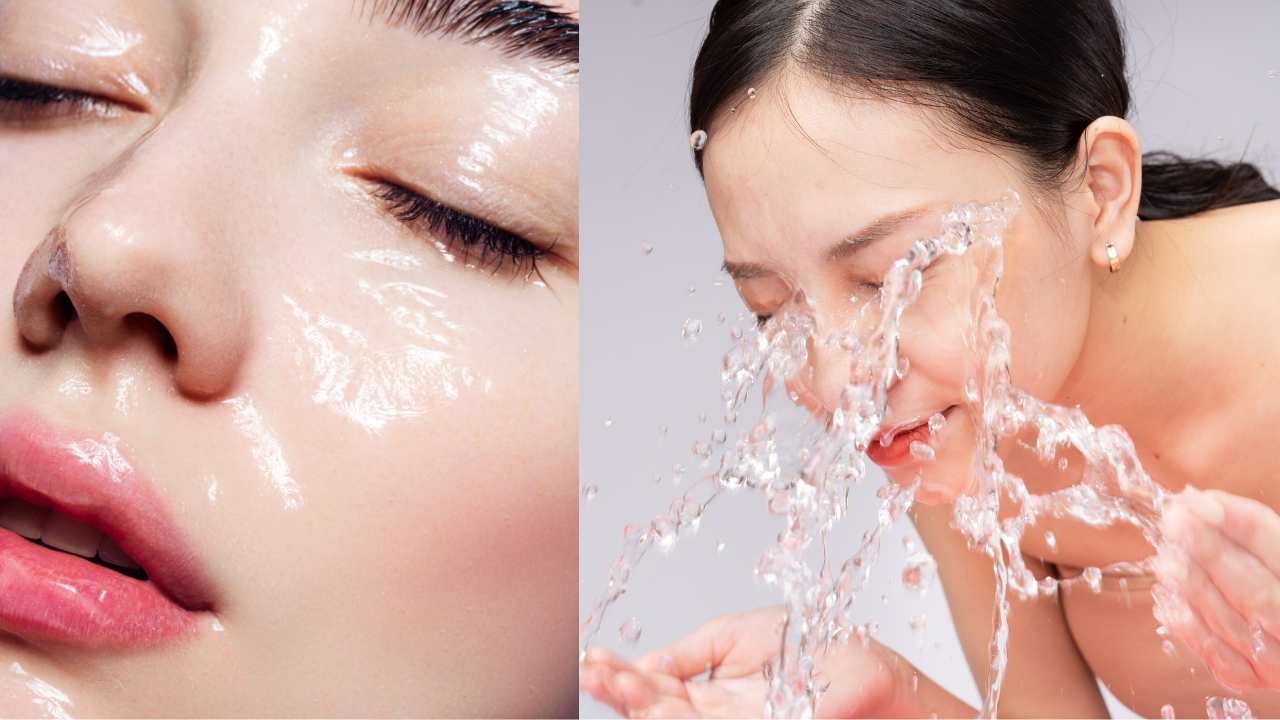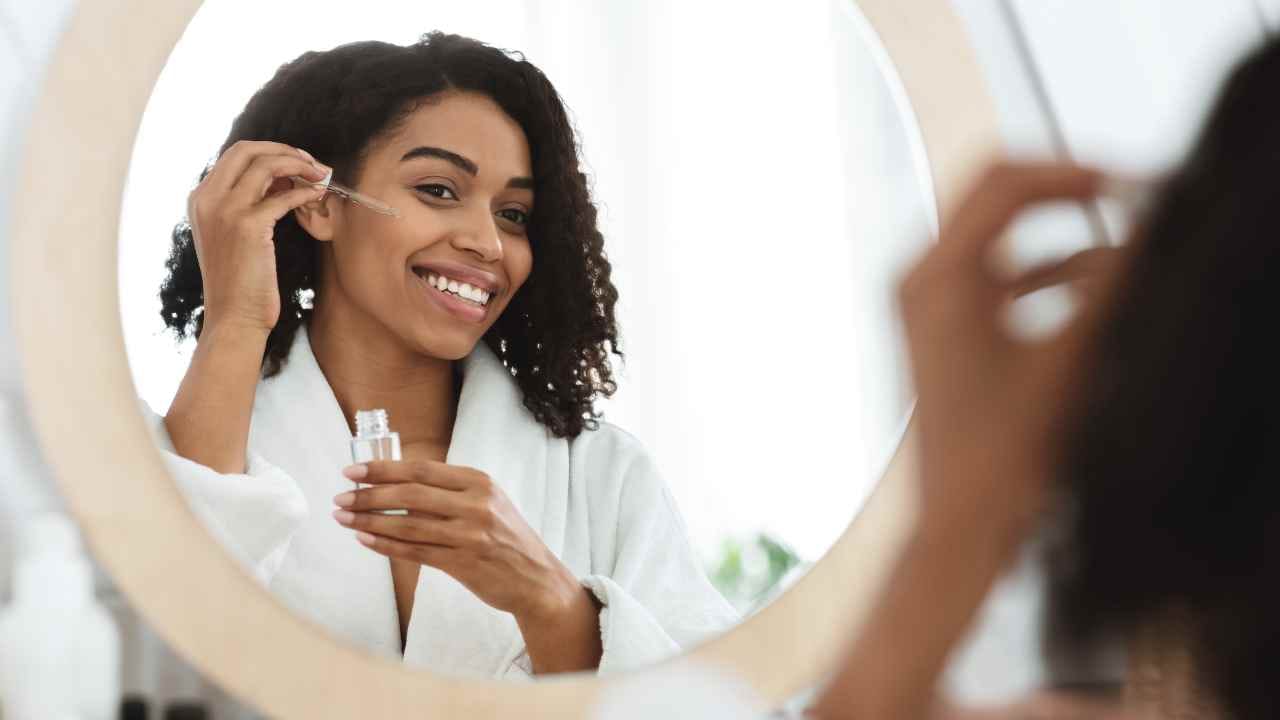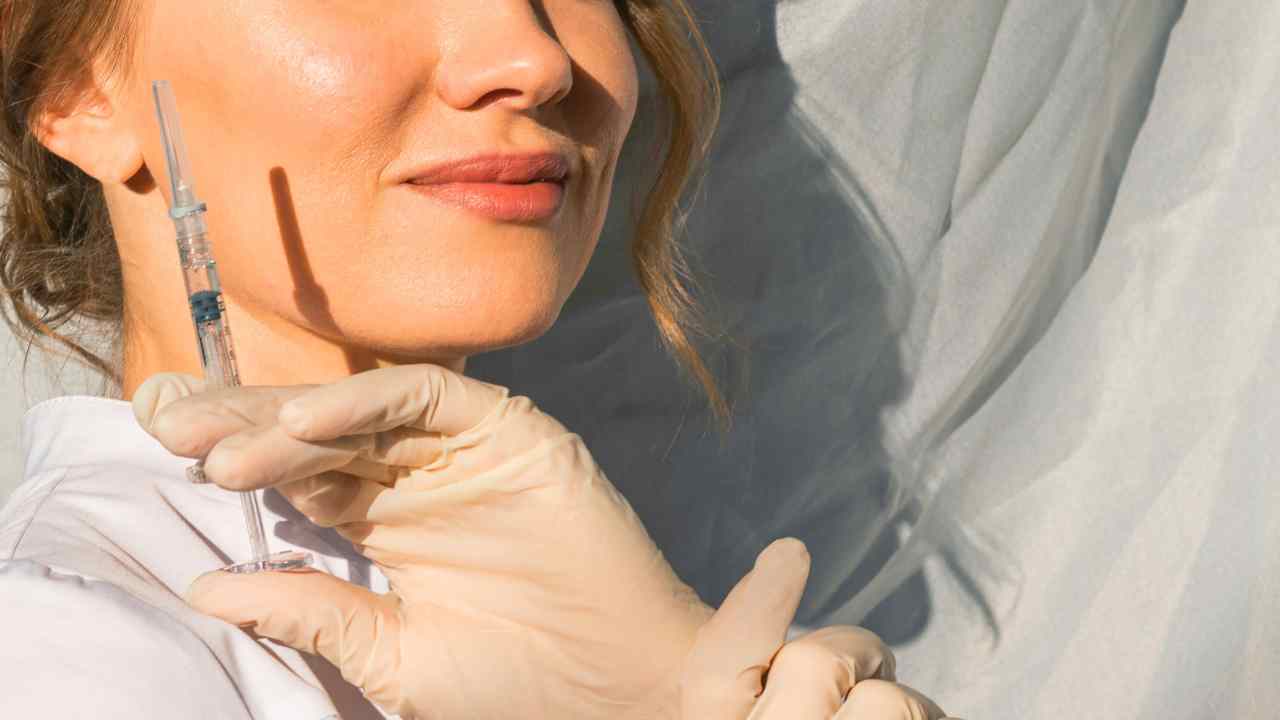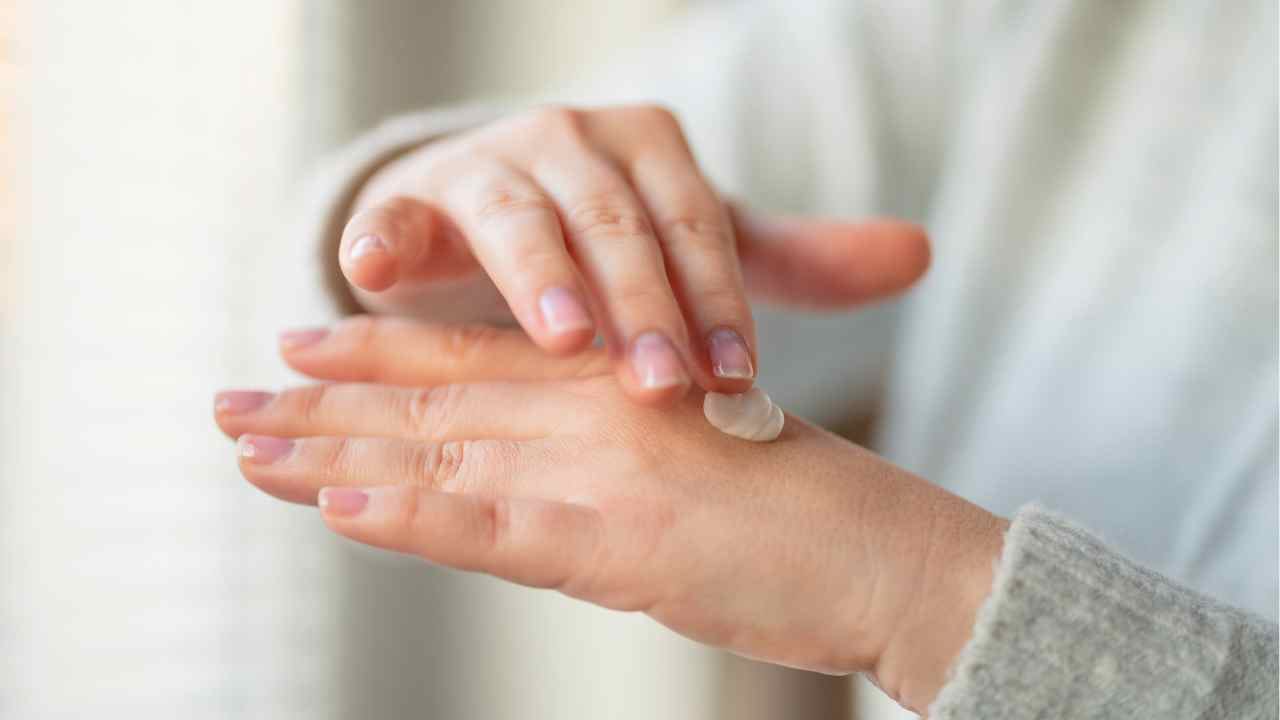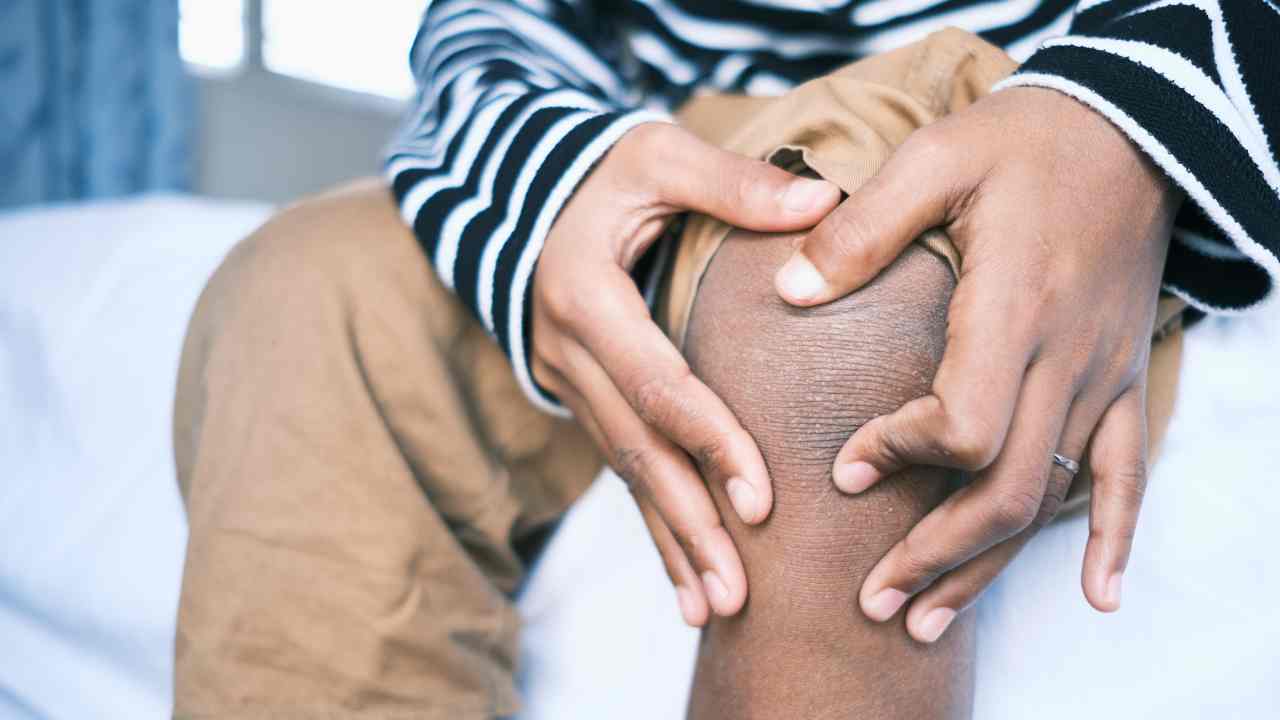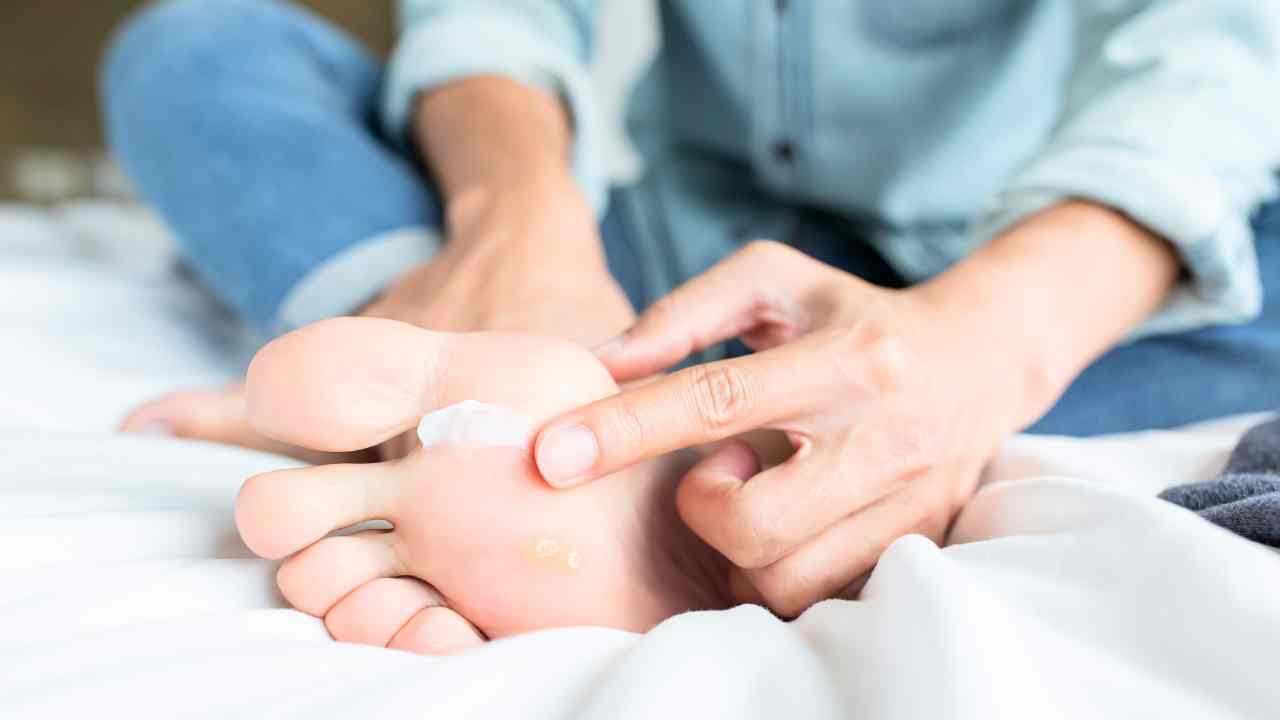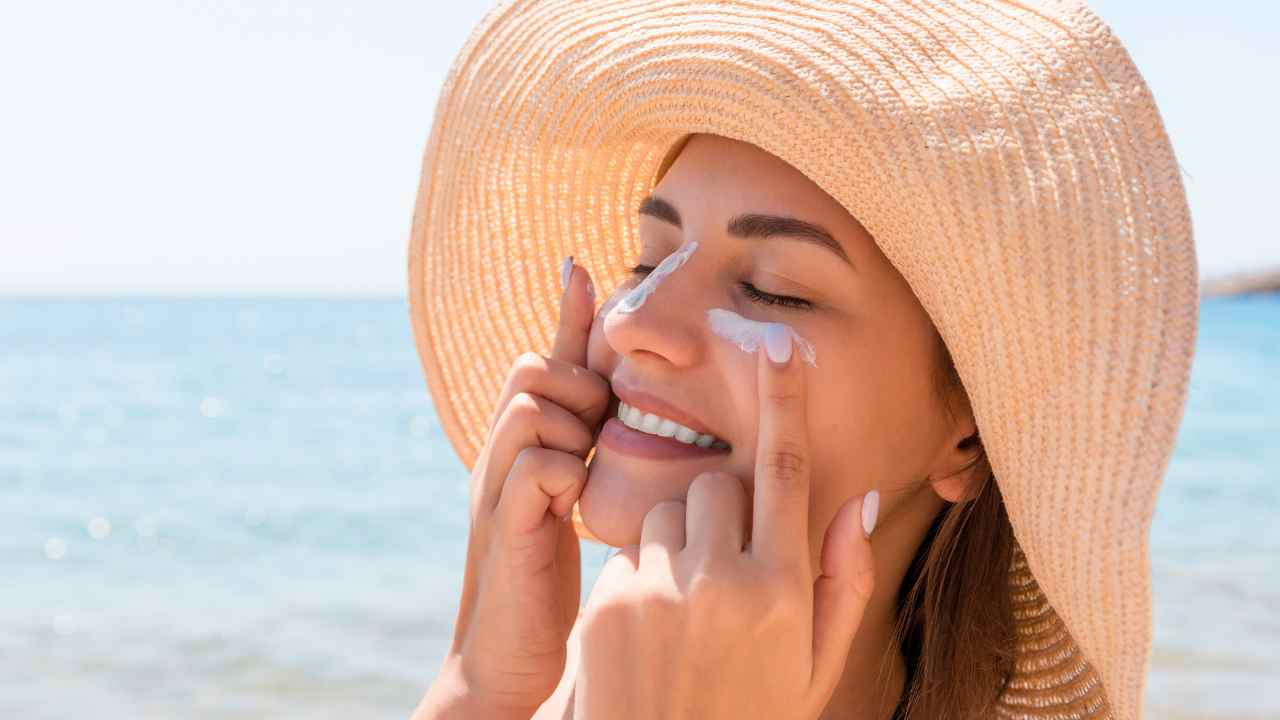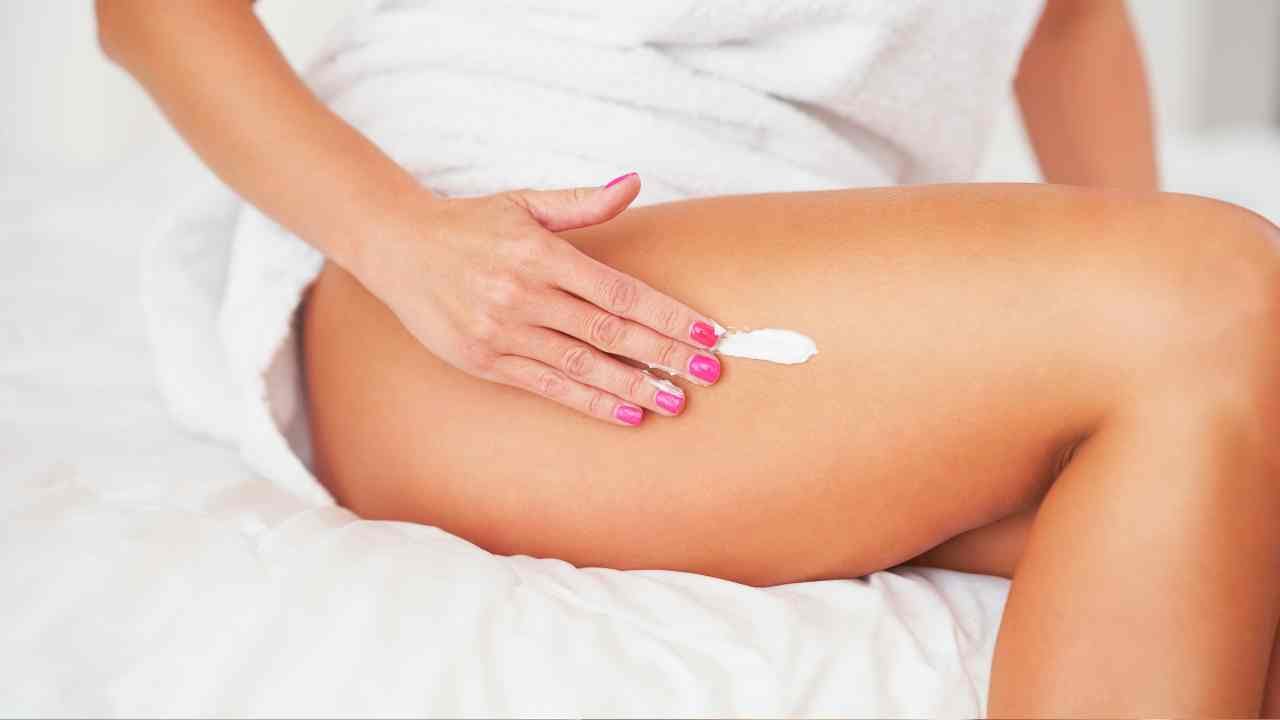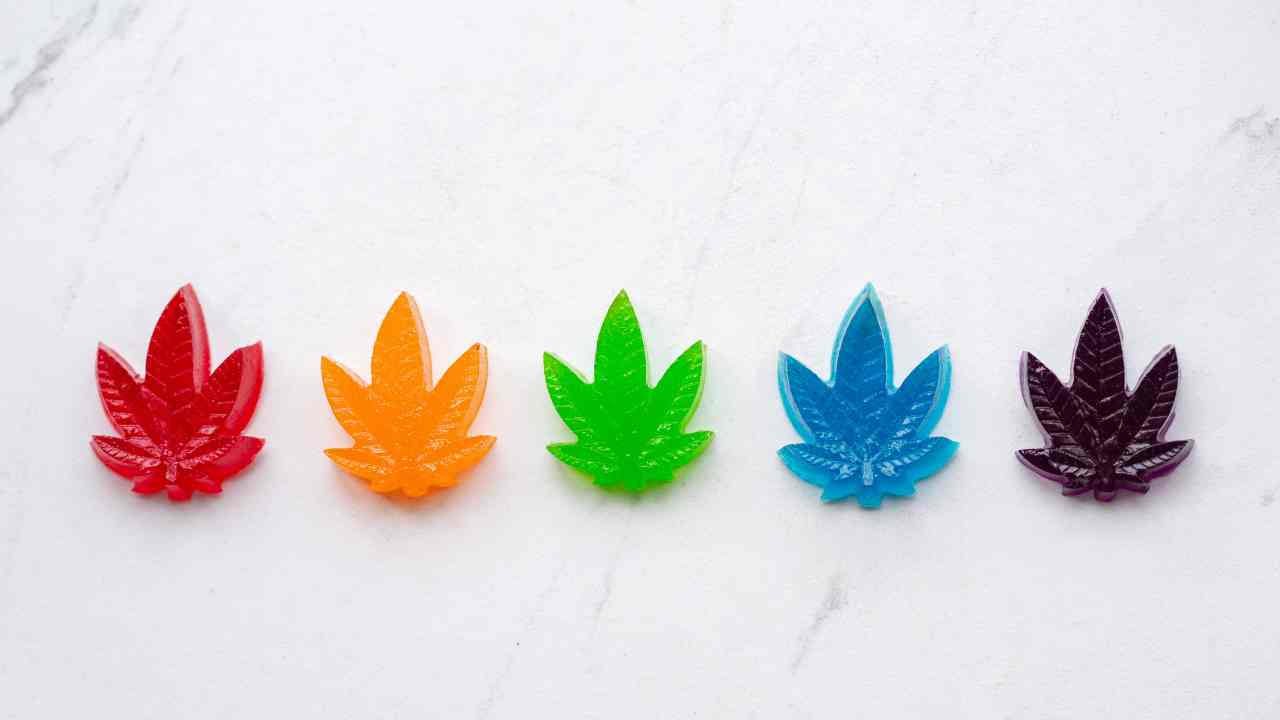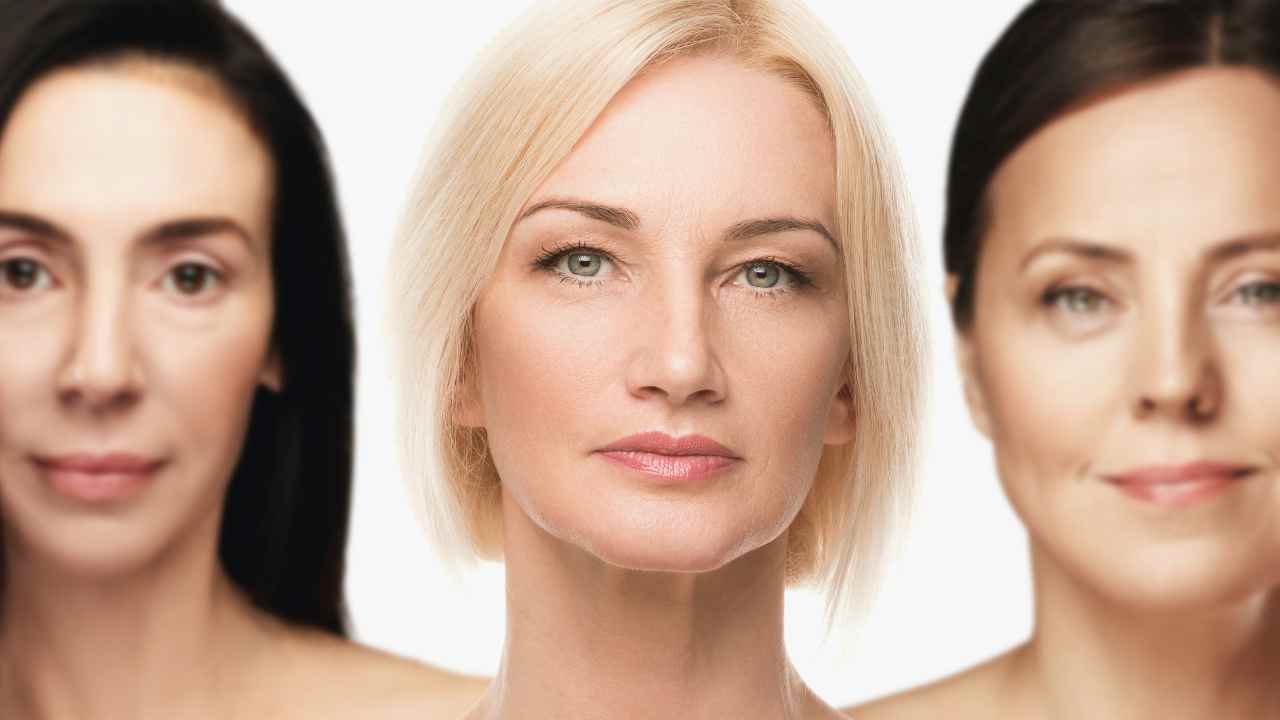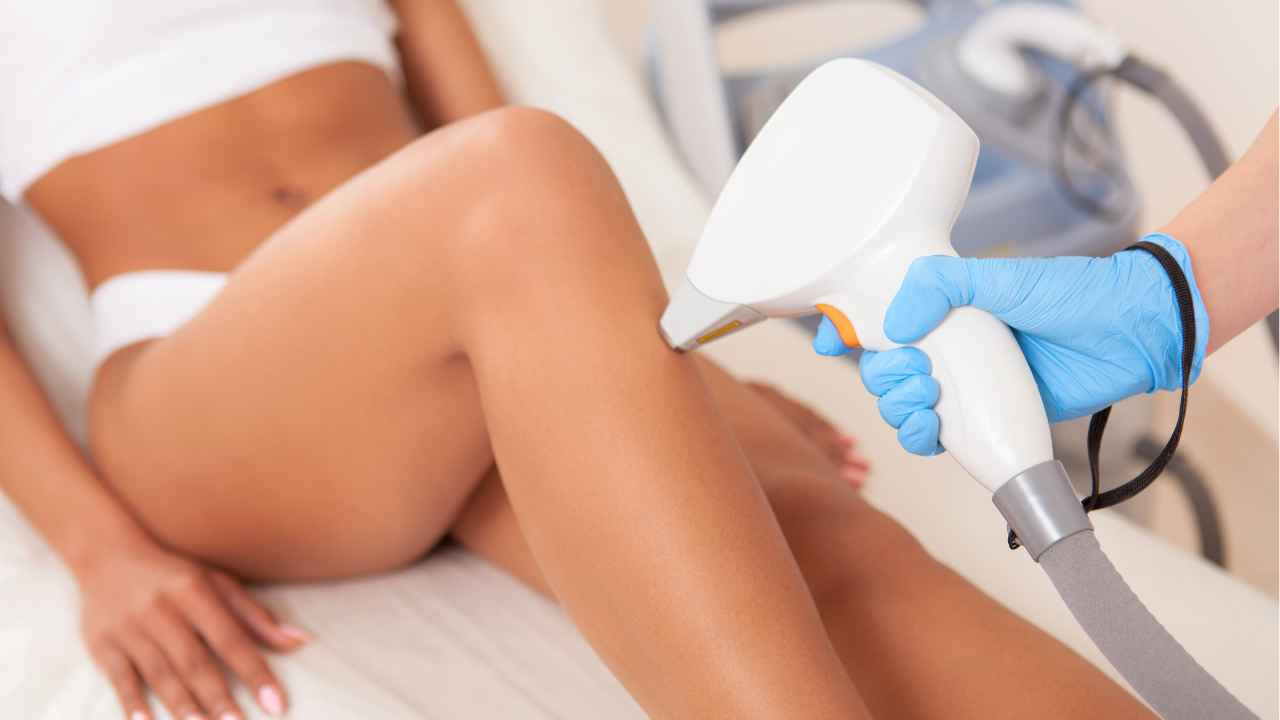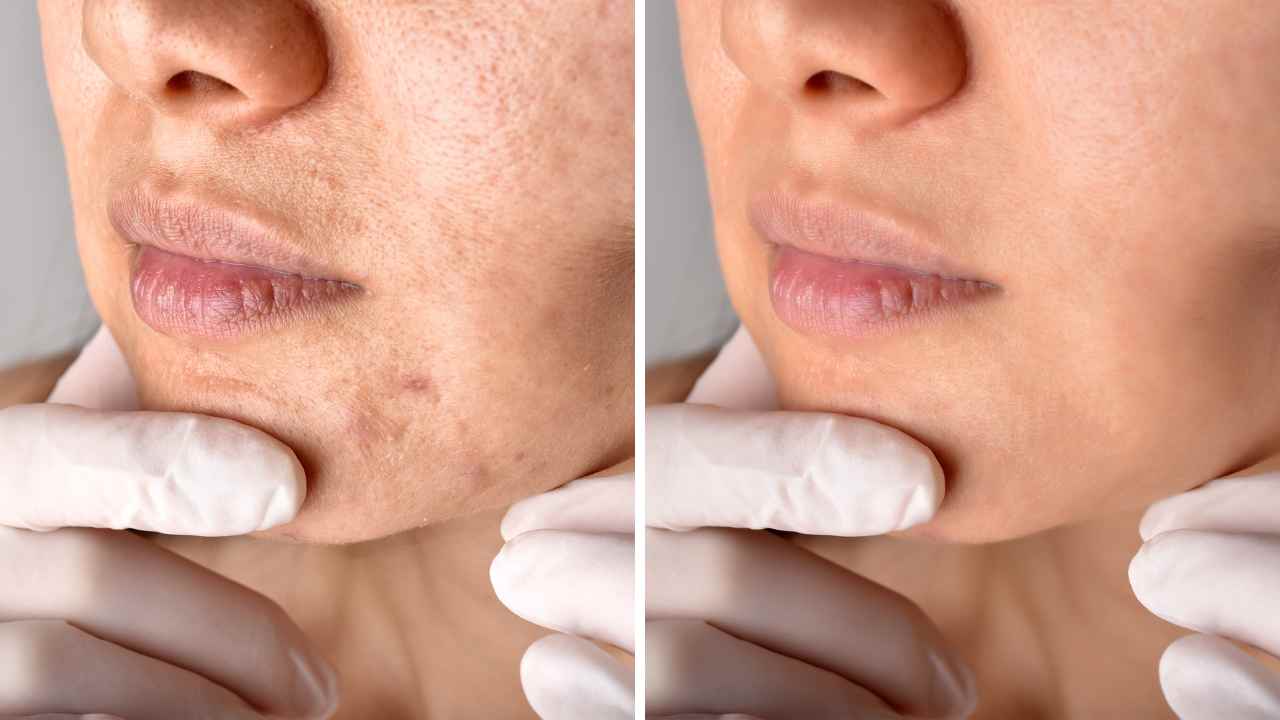
Does Tretinoin Help with Acne Scars? Benefits & Risks!
If you’ve ever clicked on an acne treatment article, chances are you’ve come across tretinoin. It seems like everyone is talking about this miracle worker for dealing with pesky blemishes and showing off brighter skin!
And sure enough, the research backs it up -- studies show that applying topical retinoids (of which tretinoin is a primary example) is one of the most effective ways to reduce not only active acne but also its scars.
But as great as it sounds, using tretinoin isn't without certain risks. In this post, we dig into what experts have to say about the potential benefits and drawbacks of using different forms of topical skin treatments containing tretinoin plus how best to use them for treating acne scars!
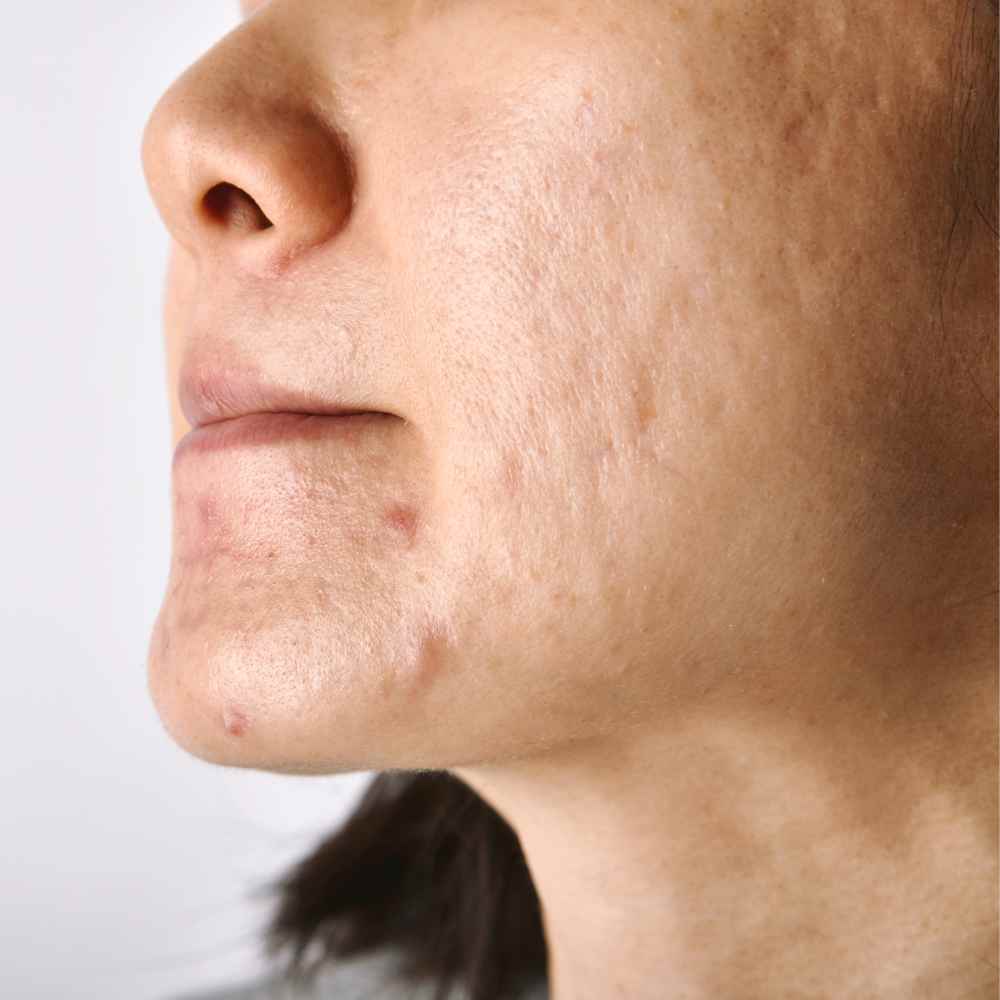
Understanding Acne Scars
If you’ve ever had severe acne, chances are you’re familiar with the marks its aftermath can leave behind - scars. But what exactly are acne scars?
An acne scar is a mark left on the skin after an inflamed pimple has healed. Generally, it's caused by a disruption in healing tissue where your body tries to heal itself without properly repairing itself.
Atrophic Scars
Atrophic scars are one type of acne scar and they appear as indentations or depressions in the skin. They're usually more common among adults because their collagen production decreases over time, which can cause the surface of your skin to drop lower than normal (think chicken pox scars!).
These types of marks can be very deep depending on how long and severe your acne breakouts are - they won't fade away like other types of marks!
Hypertrophic Scars
The other type of acne scar is hypertrophic scars, often referred to as “keloid” or “raised” scars.
This means that instead of dropping below like atrophic ones do, these raised areas stick out above your natural skin line and create bumps on top of the skin's surface due to excess collagen buildup during healing from inflammation.
Hypertrophic marks generally don't go beyond being small bumps but may require treatment if they become too large or become bothersome for some people.
Will Acne Scars Heal On Their Own?
Acne scars may heal on their own given enough time and patience, though it may take months or even years for the most stubborn cases.
The healing process is a long one because it involves the production of collagen, which occurs naturally in our bodies but takes some time to be replenished in scarred areas.
One way to speed up this process is by using natural remedies like aloe vera gel, healthy dietary changes, increased water consumption, regular exercise, and avoiding direct sun exposure - all of which help promote collagen growth and allow scars to heal faster.
All in all, if you’re patient and diligent about taking proper care of your skin (and giving it lots of TLC!). But to speed up the process, you may want to try something like tretinoin.
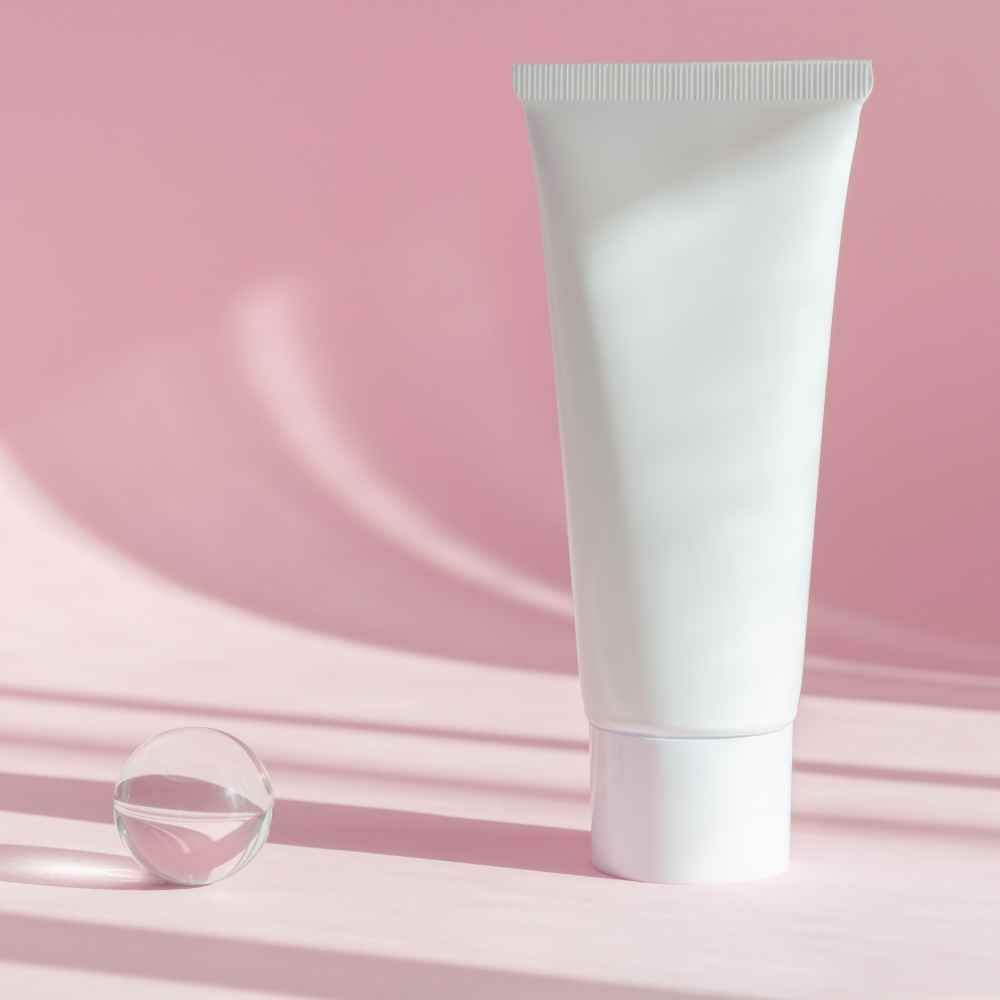
How Tretinoin Helps
Tretinoin, commonly known by brand names such as Retin-A and Renova, is a topical medication that belongs to the retinoid family. It is widely recognized for its ability to treat acne, but its benefits extend beyond that.
Tretinoin is also an effective tool in reducing the appearance of acne scars. Here's how it works:
1. Promotes Collagen Production: Tretinoin stimulates the production of collagen, a protein that helps to maintain the skin's structure and elasticity. By increasing collagen production, tretinoin helps to fill in and smooth out atrophic acne scars, making them less noticeable over time.
2. Enhances Skin Cell Turnover: Tretinoin accelerates the natural exfoliation process of the skin, which helps to shed dead skin cells and promote the growth of new skin cells. This turnover process can lead to the gradual fading of acne scars, revealing smoother and more even-toned skin.
3. Improves Skin Texture: Tretinoin has a remarkable effect on skin texture, making it ideal for acne scar treatments. It helps to refine the skin's surface, reducing the appearance of uneven skin tone, roughness, and other textural irregularities caused by acne scars.
Using Tretinoin for Acne Scars
If you're considering using tretinoin to address your acne scars, here are some essential tips to keep in mind:
1. Consult a Dermatologist: It is crucial to consult with a dermatologist before incorporating tretinoin into your skincare routine. A dermatologist can assess your skin type, the severity of your acne scars, and provide personalized recommendations for using tretinoin.
2. Start with a Low Concentration: Tretinoin is available in various strengths, typically ranging from 0.025% to 0.1%. It is recommended to start with a lower concentration and gradually increase as your skin becomes more tolerant. This helps to minimize potential side effects, such as redness and peeling.
3. Follow a Consistent Routine: Consistency is key when using tretinoin. Apply a pea-sized amount of tretinoin cream or gel to the affected areas of your skin once daily, preferably at night. Begin by using it every other night and gradually increase to nightly use as tolerated.
4. Moisturize and Protect: Tretinoin can cause dryness and aggravate sensitive skin, so it is essential to moisturize your skin regularly. Opt for a non-comedogenic moisturizer that hydrates without clogging pores. Additionally, always use sunscreen with at least SPF 30 during the day to protect your skin from the sun's harmful rays.
5. Be Patient and Persistent: Results from using tretinoin to treat acne scars may take time to become visible. It is important to be patient and persistent in your skincare routine. Consistent use over several months can lead to significant improvements in the appearance of acne scars.
Dr. Dray, a board certified dermatologist, explains why it's important to be patient with this routine and what to expect in this YouTube video.
Transforming Your Scars with Tretinoin
Whatever your reason for researching tretinoin, we hope this blog post has helped to demystify its potential and provided you with the information necessary to make an informed decision about incorporating it into your treatment plan.
From collagen production and enhanced cell turnover to improved skin texture and a reduction in the appearance of acne scars, tretinoin is truly a powerhouse when it comes to skin health.
So don’t be shy! Embrace its power as you embark on a journey that brings vibrancy back to your complexion.
With some patience, consistency, moisturization, and sun protection by your side, tackling acne scarring will soon become something of the past – leaving you with a glowing confidence in your beautiful future.



